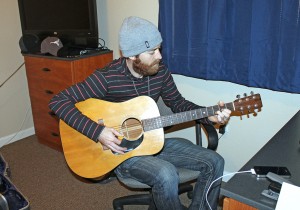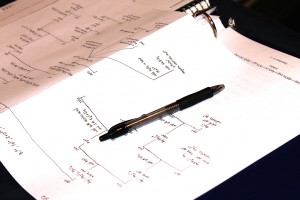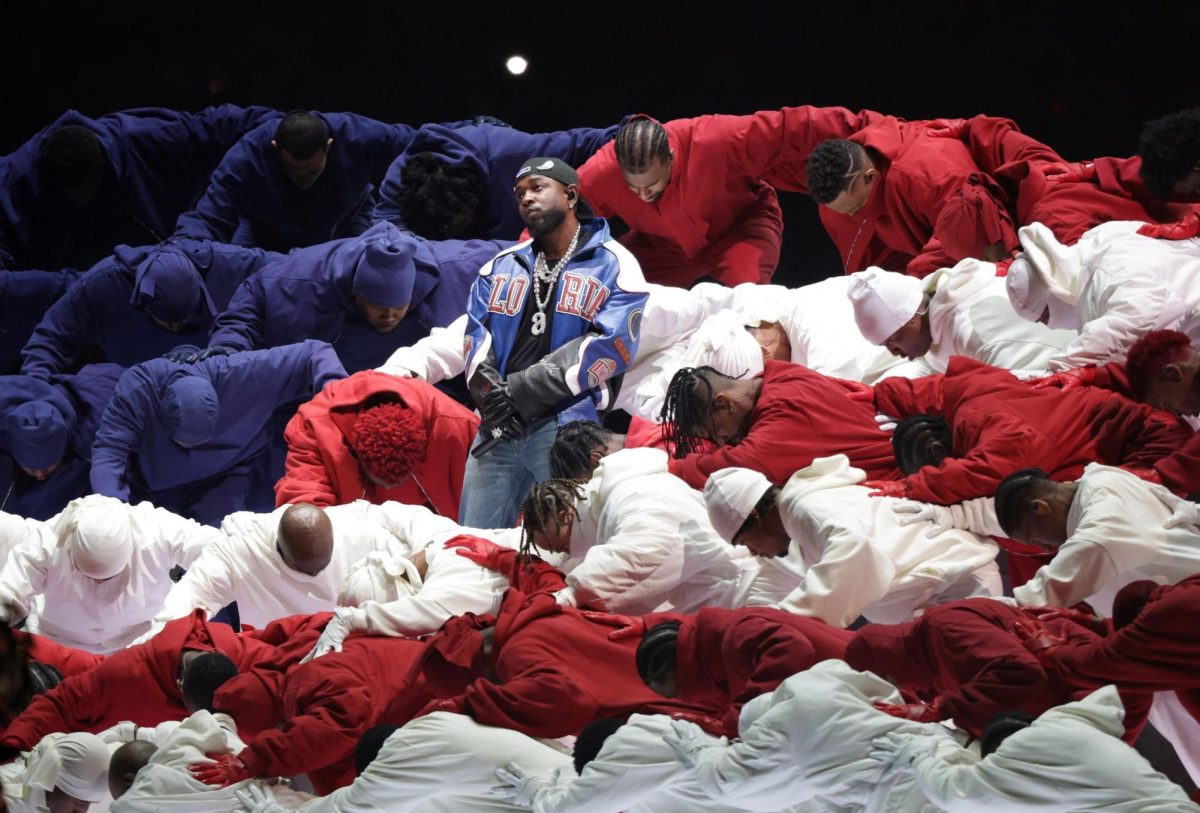Non-traditional student adjusts to campus life, commits to becoming a doctor in 10 years

“My downward spiral started in the fifth grade, when I voluntarily dropped out of an after-school math-a-thon study group to allow myself more time to play,” Seth Donley said with a grin.
Donley, 32, is a sophomore and pre-med student, hoping to someday fulfill his dreams of becoming an ear, nose and throat doctor.
Previously a non-traditional, part-time student with a full-time job, Donley is now a full-time pre-med student and lives on-campus in Sundance Courts.
Admittedly, Donley’s decision to pursue such an intense degree was not an easy one, and he has tackled several obstacles along the way, but he has his eye on the prize and a fresh outlook on life.
“In high school, I hit the low of my scholastic involvement by failing a couple classes, in the name of apathy,” he said.
Donley ended up graduating towards the bottom of his class because of his indifference towards success, he said.
“I actually had a teacher who told me, ‘I will give you $20,000 if you ever obtain a bachelor’s degree.’ It wasn’t a gesture for motivation—I had just simply not shown him anything to make him believe I was capable,” he said.
Donley said that his actions in previous years might actually have led some to believe that he would be making minimum wage for the rest of his life.
After receiving an associate’s degree in computer-assisted drafting and design, which never led to a career, he landed a job at a local hearing aid office where his family worked.
Donley completed a year of training for the position and also passed a state licensing exam, becoming a licensed hearing aid dispenser.
At his job, he performed hearing evaluations and fit patients with hearing instruments when necessary, he said.
 It was while studying for the licensing exam that he first decided he wanted to become a doctor.
It was while studying for the licensing exam that he first decided he wanted to become a doctor.
“I was learning about the anatomy of the human ear, and diseases or disorders that affect the hearing mechanism. It was all very fascinating to me.”
According to Donley, a sound wave (acoustic energy) is funneled into the ear canal via the external acoustic meatus (the outer ear) where it vibrates the tympanic membrane, which transforms the sound wave into mechanical energy.
Through three tiny bones connected to the ear drum, the mechanical energy is then transformed into hydraulic energy as it enters the fluid-filled cochlea.
From there, microscopic stereocilia again change the energy into an electro-chemical process that instantaneously sends electronic impulses through the auditory nerve into the auditory cortex where the brain finally makes meaningful use of the energy.
After receiving his dispenser license, Donley said that his dreams of becoming a doctor quickly subsided when his pocketbook became more comfortably padded from his employment.
Donley said that it wasn’t until the economic crash in 2009 that his thoughts of becoming a doctor resurfaced.
While the crash didn’t affect him until 2009, it caused him to take a different perspective on financial stability even though he was making a comfortable wage at the hearing aid office.
“I received great satisfaction in helping people to hear again, and I knew I didn’t want to lose that, so I thought, ‘Why not become an ear, nose and throat doctor?’” he said.
After a couple more years of internal debate, Donley was ready to re-enter college life and trudge down the well-beaten path to becoming a doctor.
To make sure he was prepared for the transition, Donley re-enrolled part-time while remaining employed full-time at the hearing aid office.
After two semesters of testing out the waters, he was ready to take the plunge.
“At the end of 2012, I quit my job, sold my new car, put my house on the market, found a home for my dogs and prepared to move into a dorm,” he said.
Getting rid of his material possessions was the easy part, he said—but finding a home for his two dogs was the most heart-wrenching.
“I’ve always had a love for most animals, but dogs in particular—I thought of them as my children. I don’t have any ‘real’ children, but I imagine the attachment is similar,” he said.
Donley’s endeavors to become a doctor will take him roughly 10 more years to complete, but he is focused and ready to take on the challenge in order to realize his ultimate goal.
“So that is where I am today. I live in a dorm. I eat cafeteria food (which is actually pretty good) and I walk from class to class with a slightly different outlook on life than most students because I’ve already lived part of one,” he said.
If he had to do it all over again, Donley said that he wouldn’t change anything about his life.
“I’ve made a lot of mistakes and those mistakes have given me a better understanding of life, a greater respect for everyone and everything in it, and shaped me into the unique being I am,” he said. “Without that respect, I could never be the doctor that I hope to someday be.”








